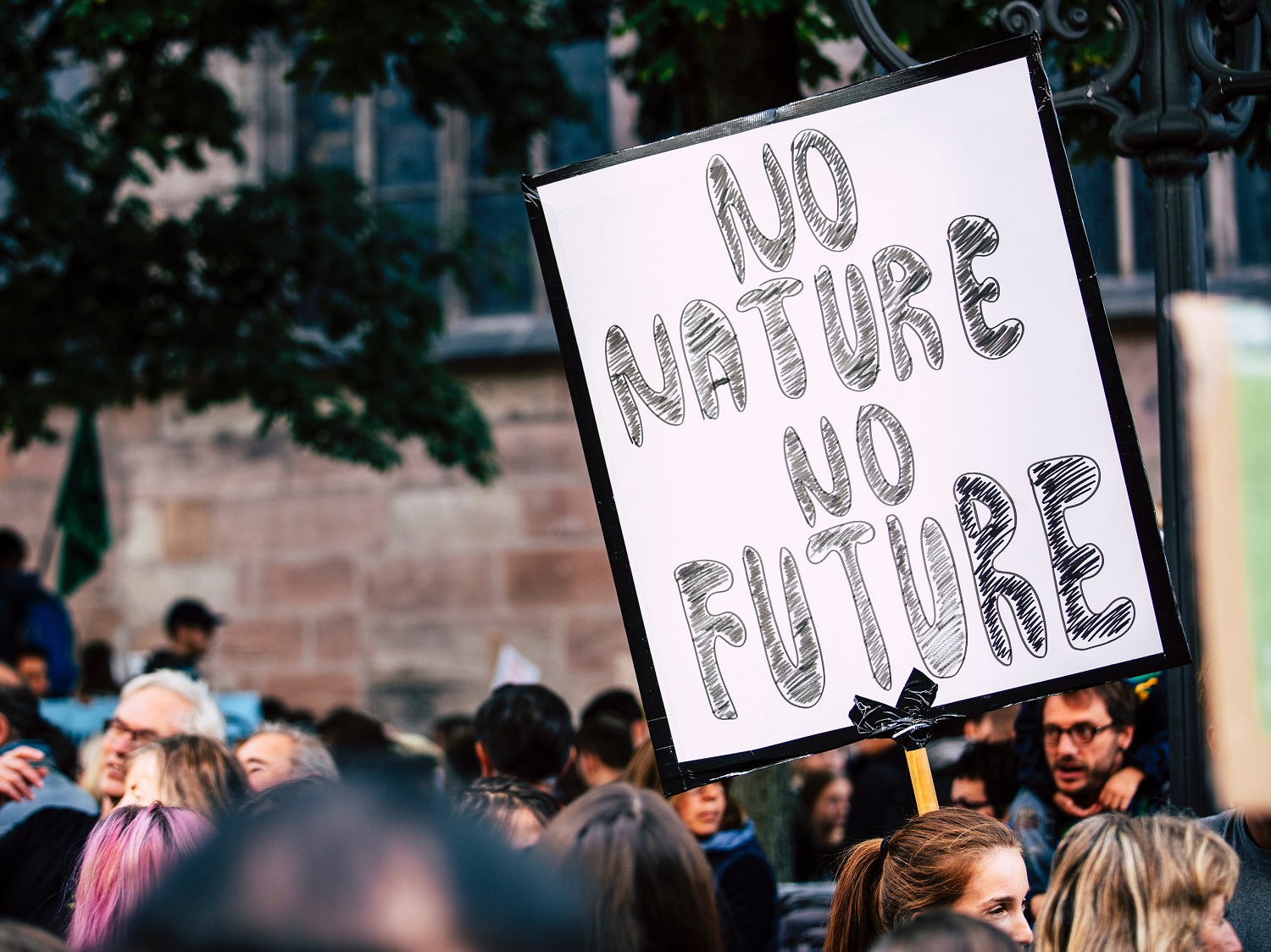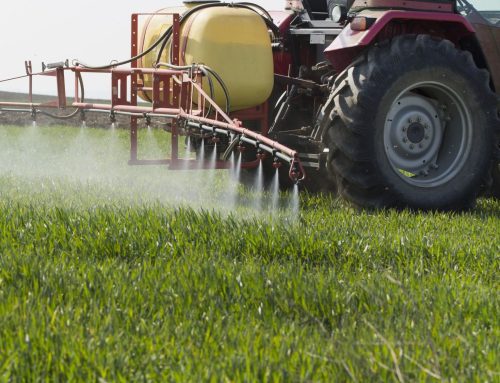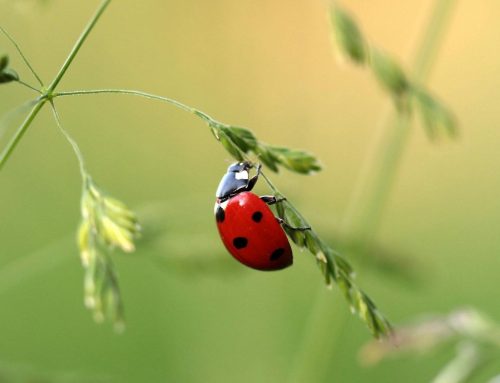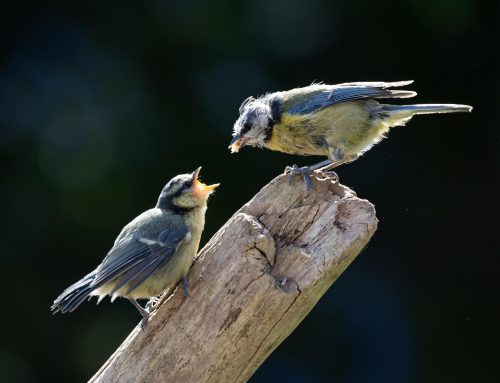by Prof Dr Josef Settele
The fight against global warming and for sustainable development can only succeed if all political decisions take the issues of climate protection, biodiversity and social justice into account equally.
This is the core message in the recent peer-reviewed workshop report, Biodiversity and Climate Change, by 50 of the world’s leading biodiversity and climate change experts and assembled by the Intergovernmental Science-Policy Platform on Biodiversity and Ecosystem Services (IPBES) and the Intergovernmental Panel on Climate Change (IPCC). They conclude that healthy ecosystems can make long-term contributions to climate protection.
The report regards agroecology and agroforestry, including diversification of planted crop and forest species, as core components for the enhancement of biodiversity conservation and climate mitigation. Addressing insect diversity loss through conventional agricultural practices may be better communicated through improved integration of insect conservation practices with climate-smart agricultural practices.
What is clear though, is that the body of evidence regarding the ability of the adoption of agroecological principles to achieve multiple benefits within agricultural landscapes (including improved conservation) is strong and growing. Sustainable agricultural and forestry practices can improve adaptive capacity, enhance biodiversity, increase carbon storage in farmland and forest soils and vegetation, and reduce greenhouse gas emissions. Improved management of cropland and grazing systems, such as soil conservation and the reduction of pesticide and fertiliser use, is jointly estimated by the report to offer annual climate change mitigation potential of at least 3-6 gigatonnes of carbon dioxide equivalent.

Report by IPBES and IPCC finds agroecology to be a core component in tackling climate change and biodiversity loss. Credit: Markus Spiske from Pexels
This increased adaptive capacity is especially important in view of extreme events such as heatwaves, droughts, fires, insect, pest and disease outbreaks, which are expected to become more frequent and severe under climate change.
Overall, agricultural pathway choices are about quality vs. quantity, and high yield agriculture based on high inputs of fertilizers or pesticides is to some extent obsolete. Outcomes of comparisons between intensive vs less intensive agriculture are very system dependent and, in addition, intensive high-yield systems may move the provision of nonmaterial benefits (aesthetics, sense of place etc.) further from people’s centres of livelihood, in contrast to less intensive and often more biodiverse agriculture.
Biodiversity-based measures aim to increase resistance and resilience of agricultural ecosystems and reduce environmental impacts by mobilizing biodiversity to replace chemical inputs with ecological functions. These measures often increase climate adaptation capacity. One adaptive strategy is the improvement of soil biodiversity and health, characterised by reduced tillage, use of less pesticides and increased organic material input, which enhances the abundance and diversity of soil organisms, and participates in making soils more resistant and resilient in the face of climate change. If done wisely, soil conservation measures can have large benefits for soil and non-soil biodiversity.
The authors also reveal the extent to which pesticide and fertiliser use in one-sided climate protection concepts like the large-scale cultivation of energy crops in monocultures can negatively affect biodiversity and ecosystem services, including in adjacent land, freshwater and marine ecosystems.
The Governments of the United Kingdom and Norway co-hosted the virtual workshop. “This is an absolutely critical year for nature and climate,” said Lord Zac Goldsmith, UK Minister of State for Pacific and the Environment. “With the UN Biodiversity Conference in Kunming, and the Glasgow Climate Change Conference in the UK, we have an opportunity and responsibility to put the world on a path to recovery. This hugely valuable report by the experts of IPBES and IPCC makes it clear that addressing biodiversity loss and climate change together offers our best chance of doing so.”
 Prof Dr Josef Settele is Head of the Dept of Conservation Biology and Social-Ecological Systems at the Helmholtz Centre for Environmental Research and is professor of ecology at the Martin-Luther-University of Halle-Wittenberg. He was co-chair of the Global Assessment of IPBES from 2016-2019 and co-author of the IPBES-IPCC co-sponsored workshop report on biodiversity and climate change, published in 2021. He is also a member of the German Advisory Council on the Environment. (Image: Prof Dr Josef Settle by Sebastian Wiedling)
Prof Dr Josef Settele is Head of the Dept of Conservation Biology and Social-Ecological Systems at the Helmholtz Centre for Environmental Research and is professor of ecology at the Martin-Luther-University of Halle-Wittenberg. He was co-chair of the Global Assessment of IPBES from 2016-2019 and co-author of the IPBES-IPCC co-sponsored workshop report on biodiversity and climate change, published in 2021. He is also a member of the German Advisory Council on the Environment. (Image: Prof Dr Josef Settle by Sebastian Wiedling)





